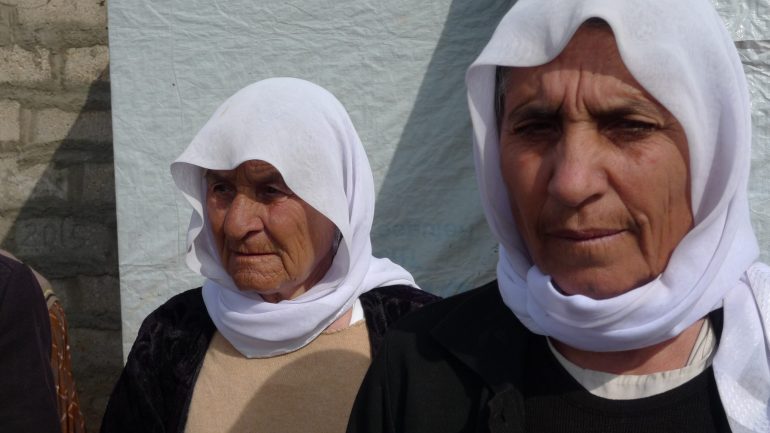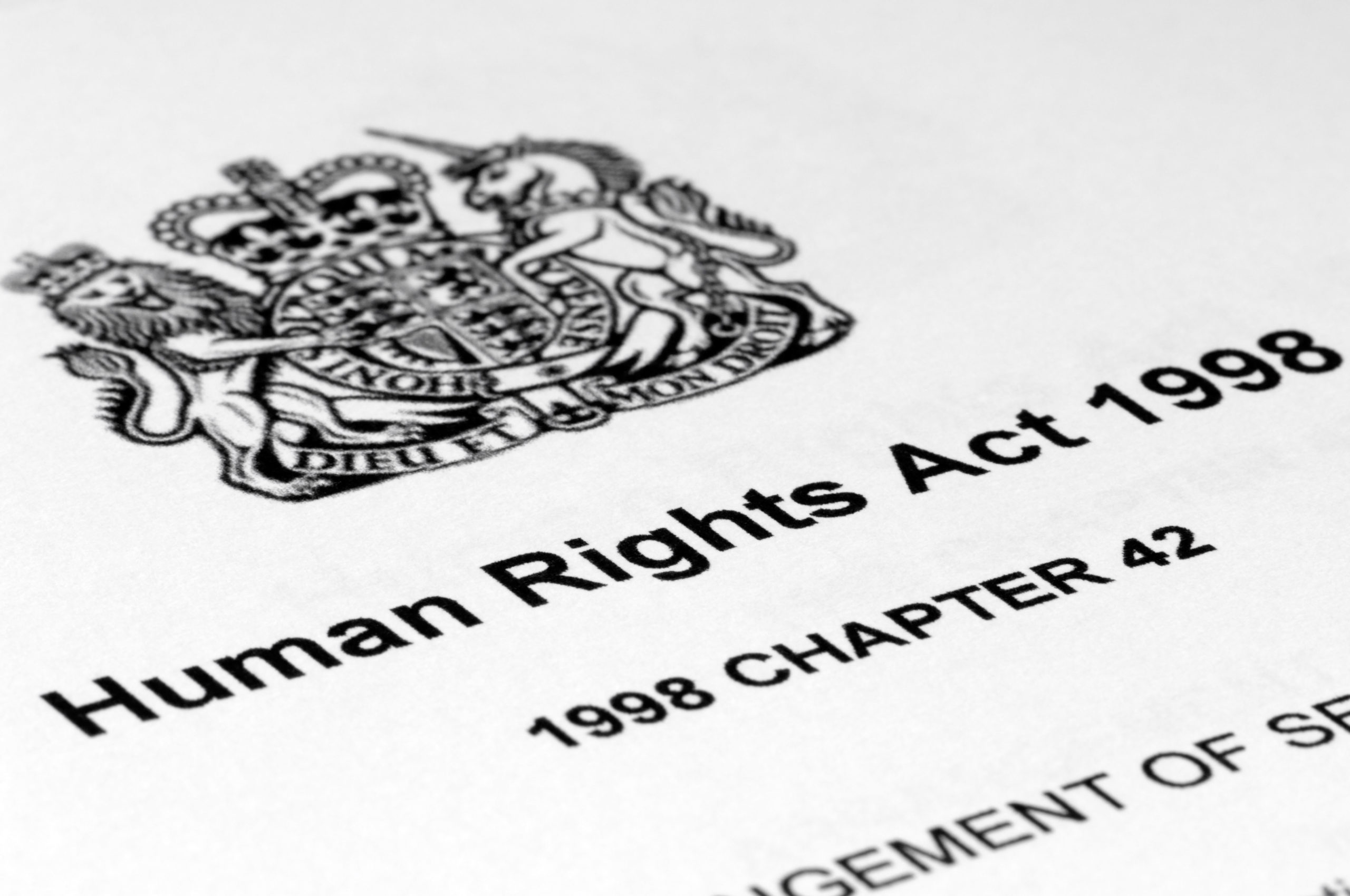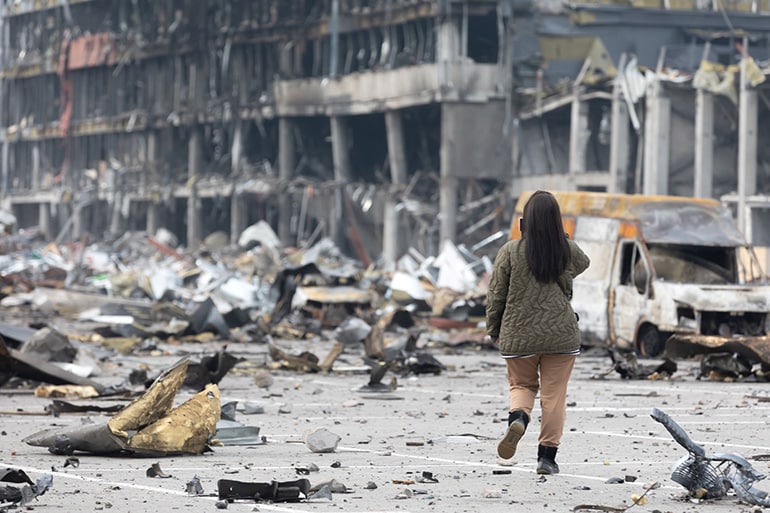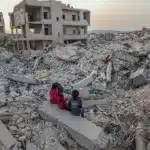On 1 March 2021, after nearly two years of deliberations, Iraq’s parliament passed the Yazidi Female Survivors’ Law, a major step forward in addressing the legacy of violations committed by ISIS against members of religious minorities in Iraq. The law (Law No. 8 of 2021) provides a comprehensive programme of reparations to Yazidi, Christian, Shabak, and Turkmen survivors of sexual violence and other ISIS crimes, including both individual and collective measures.
The law comes in the aftermath of more than three years of armed conflict in Iraq, which left thousands dead and millions displaced. While ISIS targeted many of Iraq’s ethnic and religious minorities during the conflict, the group’s treatment of the Yazidi community was particularly brutal. It is estimated that around 6,800 Yezidis were abducted and around 3,100 killed over a few days in early August 2014. Men and boys were massacred and buried in mass graves while thousands of women and girls were forced into sexual slavery, in a campaign that has been recognized as genocide by numerous international bodies.
On 1 March 2021, after nearly two years of deliberations, Iraq’s parliament passed the Yazidi Female Survivors’ Law, a major step forward in addressing the legacy of violations committed by ISIS against members of religious minorities in Iraq. The law (Law No. 8 of 2021) provides a comprehensive programme of reparations to Yazidi, Christian, Shabak, and Turkmen survivors of sexual violence and other ISIS crimes, including both individual and collective measures.
The law comes in the aftermath of more than three years of armed conflict in Iraq, which left thousands dead and millions displaced. While ISIS targeted many of Iraq’s ethnic and religious minorities during the conflict, the group’s treatment of the Yazidi community was particularly brutal. It is estimated that around 6,800 Yezidis were abducted and around 3,100 killed over a few days in early August 2014. Men and boys were massacred and buried in mass graves while thousands of women and girls were forced into sexual slavery, in a campaign that has been recognized as genocide by numerous international bodies.
Since the end of the conflict, there has been extensive debate about the criminal prosecution of the perpetrators of these violations, and a wave of actual prosecutions of mostly junior suspects on terrorist charges. However, the duty to provide reparation to survivors of violations is an equally important part of recovery from the conflict. Reparations are among the most victim-centric of transitional justice measures, and when properly designed, can have a transformative effect on those victimized and the societies in which they live.
While Iraq has significant experience in administering reparations programmes, the Yazidi Survivors’ Law is the only initiative that is specific to the conflict with ISIS and is the first to provide reparations to survivors of sexual violence. In Iraq and many other contexts, acts of sexual violence have long been viewed as a side effect of war and excluded from the harms addressed by post-conflict reparations schemes. By enacting the law, Iraq has become part of a steadily growing field of practice in redressing the harm inflicted on individuals as a result of conflict-related sexual violence.
The Ceasefire Centre for Civilian Rights has been closely involved over recent years in supporting civilians in documentation and advocacy and in providing technical advice to parliamentarians on the new law (together with our partner the International Institute for Law and Human Rights). As we continue working on its implementation, this briefing describes who and what is covered by the law, how it will work, and outlines the gaps that remain as Iraq takes an important step towards delivering reparations to survivors.
Read the report: Yazidi Survivors’ Law Briefing (PDF)























